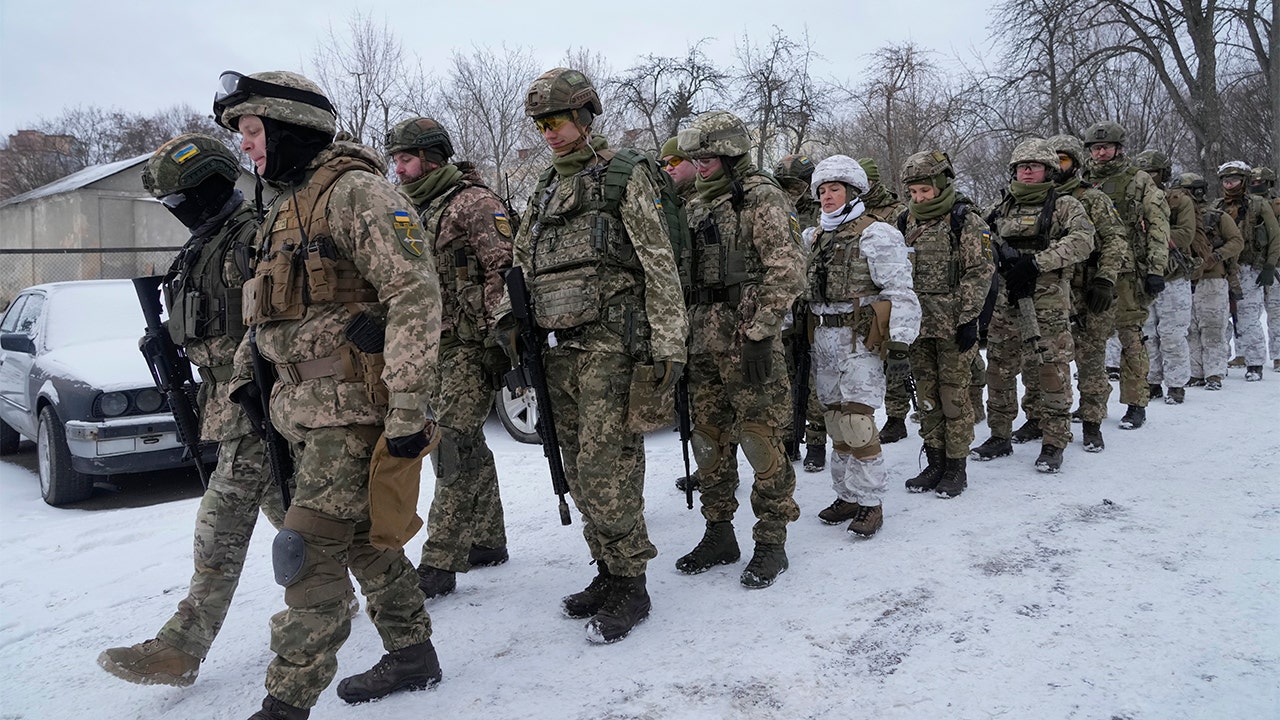Joe Biden declared that America was back when he got elected. There was no underlying reason for the declaration other than ‘I’m a Democrat, and I’m different.’ The world ate it up. The liberals ate it up. Everyone thought the norms, which many have erroneously thought were not followed, would return. The adults were back in charge. That all fell apart in less than a year. Afghanistan showed what many of us already knew about Joe Biden and this administration. They’re appalling at foreign policy. There’s a forty-year track record of Joe Biden being utterly incorrect in this area. The Afghan dash last August finally showed Europe that this guy really isn’t some ace on international affairs. His diminished mental capacity also doesn’t help.
In the aftermath of the Kabul catastrophe, Europe would obviously remain our ally, but these nations had contingency plans for when this administration became a ‘deer in the headlights' again. We might be seeing that with Ukraine. Russia has launched a full-blown invasion. Now, we have signed off on arms packages that are flowing into the nation, but it’s the steps after the initial arms packages are delivered that seem to be posing trouble.
The Polish government stunned Washington on Tuesday by announcing it was ready to transfer its 28 MiG-29 fighter planes to the U.S., with the understanding that they would be handed over to Ukrainian pilots fighting off the Russian invasion.
The move, which came with a request that the U.S. supply Poland with used jets with “corresponding capabilities,” came after a week of back-and-forth negotiations between Washington and Warsaw over transferring the jets to Ukraine, which needs replacement jets to fight off the Russians.
After vociferous denials by Warsaw that it was even considering donating MiGs to Ukraine, the offer arrived completely unexpected.
Part of the problem was that the Polish proposal was subtly but critically different to a scheme that had previously been discussed in private. Against the backdrop of highly charged diplomatic tensions, presentation matters.
In essence, Poland said it would cooperate in strengthening the Ukrainian air force so long as this would be seen in Moscow as a US, Nato or EU scheme but not a Polish one.
In its original, US-conceived iteration, the proposal was a trilateral deal whereby Poland would hand over the MiGs to Ukrainian pilots to fly into their homeland, and the US would then provide some substitute planes. Boris Johnson, an enthusiast, described the plan as “rent a MiG”.
That proposal, arguably, was not qualitatively different to Nato members providing Ukraine with Javelin anti-tank missiles. In return, Poland would eventually fill the hole in its air force with 28 F-16s being provided by the US.
But under private pressure from the US, Poland felt the plan unduly exposed its citizens to Putin’s ire. So instead, in a game of diplomatic pass the parcel, Poland tweaked the proposals so the planes would be sent free of charge to the US airbase in Ramstein, Germany, rather than being flown out of Poland into Ukraine. The move would literally take Poland out of the line of Russia’s fire since the plan could be labelled as that of the US, Nato or the EU.




